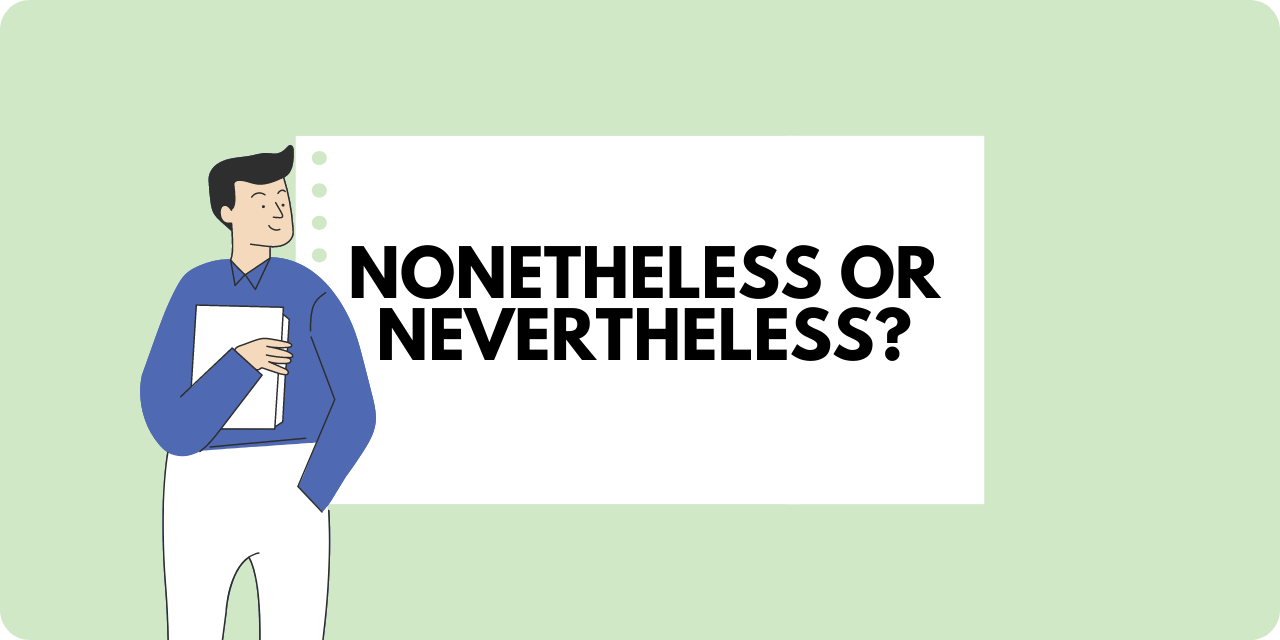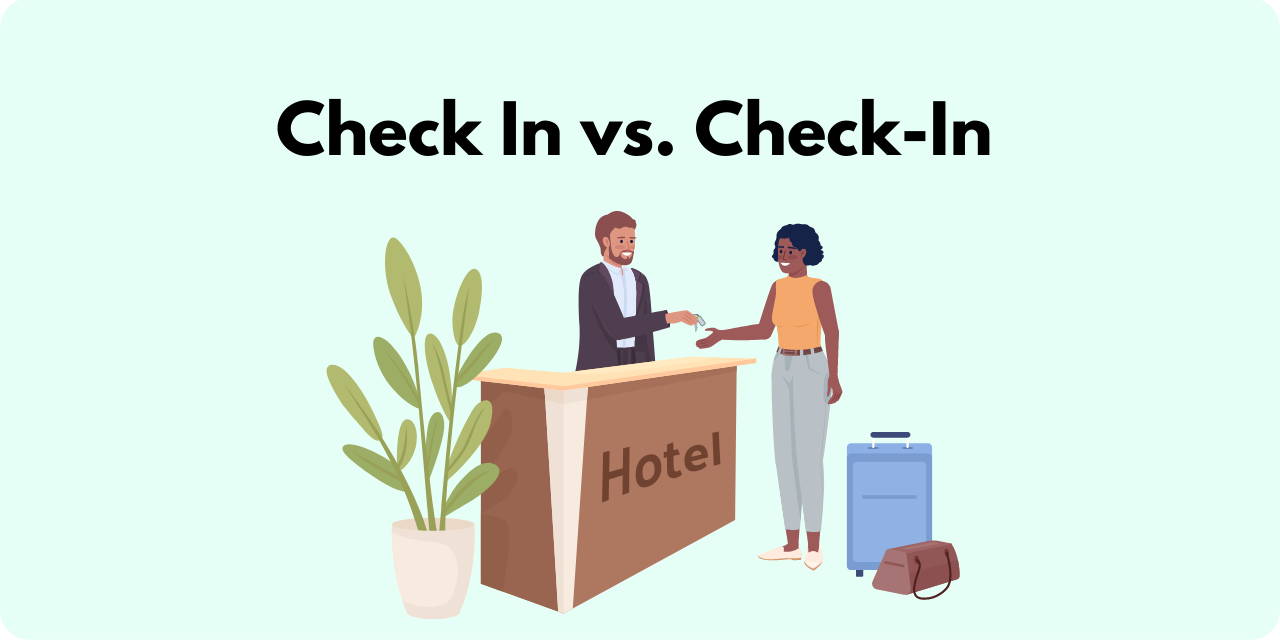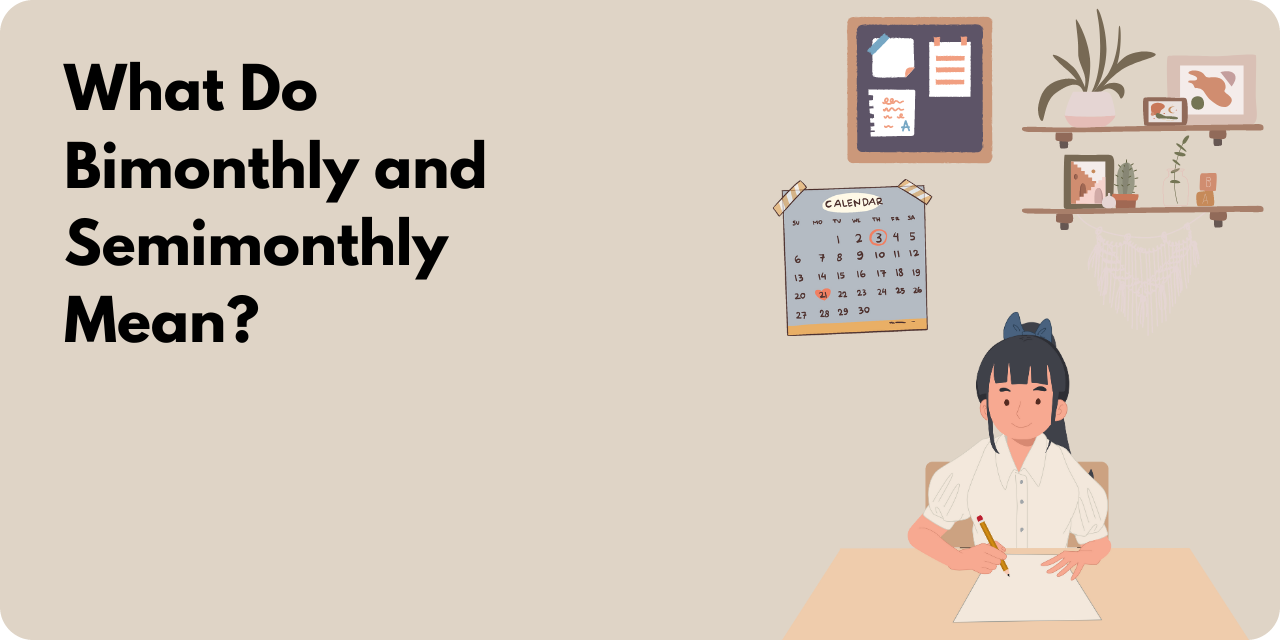Every year, there are new words added to the English dictionary. These changes can be confusing. For example, two commonly confused words are onsite and on-site. Do you know the right way to use these words?
Different dictionaries have different advice about how to use these words. The Merriam-Webster dictionary lists on-site as the correct spelling. On the other hand, both onsite and on-site are used in the Cambridge dictionary, while the U.S. Heritage dictionary only lists onsite.
Which one is right?
Actually, both on-site and onsite are correct. In the last few years, the word has been more commonly used without the hyphen. This is the newer trend in the English language. Some people continue to use on-site, but it’s not very common anymore.
However, using the hyphen is not wrong since several dictionaries spell it like that. Here is a use piece on how to properly capitalize hyphenated words when you do encounter them.
Using On-Site
The correct way to use on-site is to describe something that occurred in the same location. For instance, most bakeries will make their products on-site instead of purchasing it at a store.
This spelling is listed in the Oxford dictionary, Merriam-Webster dictionary, and Chicago Style Manual. Therefore, you can use the hyphenated spelling in your professional documents.
Here are a few helpful examples:
She heard they had a coffee shop on-site for employees.
They have a lot of on-site parking at her office.
Due to the pandemic, some companies have switched from on-site work to work-from-home.
The best part of this office complex is the on-site car wash.
Concerts should have on-site security in case they are needed.
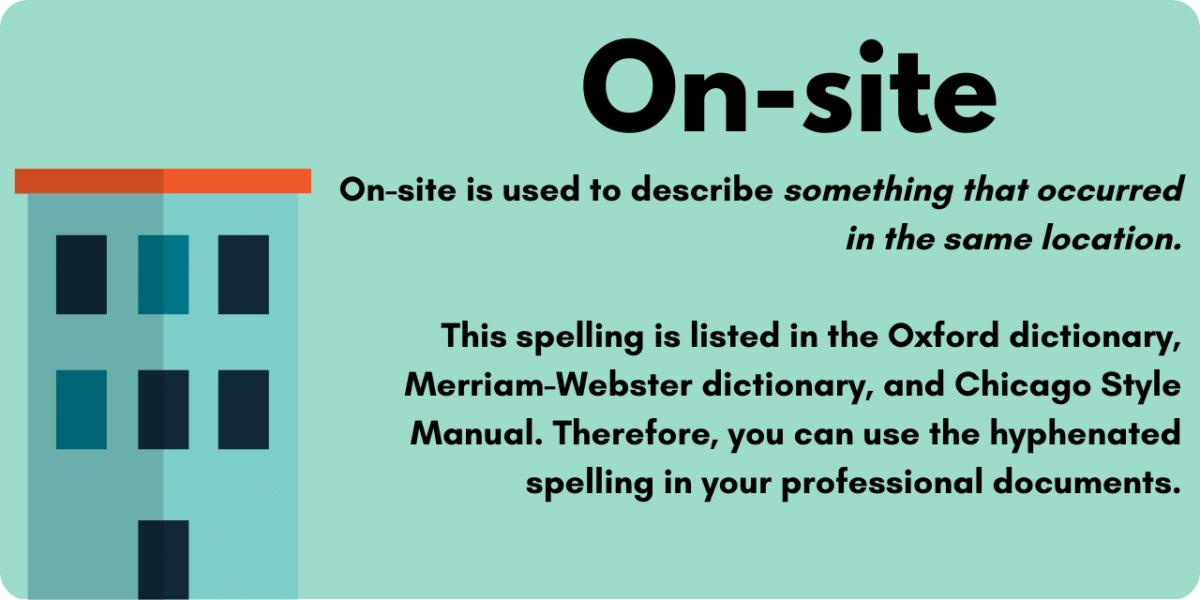
Using Onsite
Remember that onsite and on-site have the exact same meaning. Recent changes and adaptations in the English language have made this spelling more popular. Hyphens are being used less and less these days.
The Columbia Journalism review had a recent article explaining the move away from hyphens. Popular English doesn’t use a hyphen for this word, but it is still used in professional settings.
Here are some helpful examples:
She used to work onsite, but now she works from home.
He looked for an onsite parking attendant but didn’t find one.
This hotel has an onsite restaurant!
I picked this rental for the onsite jacuzzi.
She was surprised there was not an onsite bathroom.
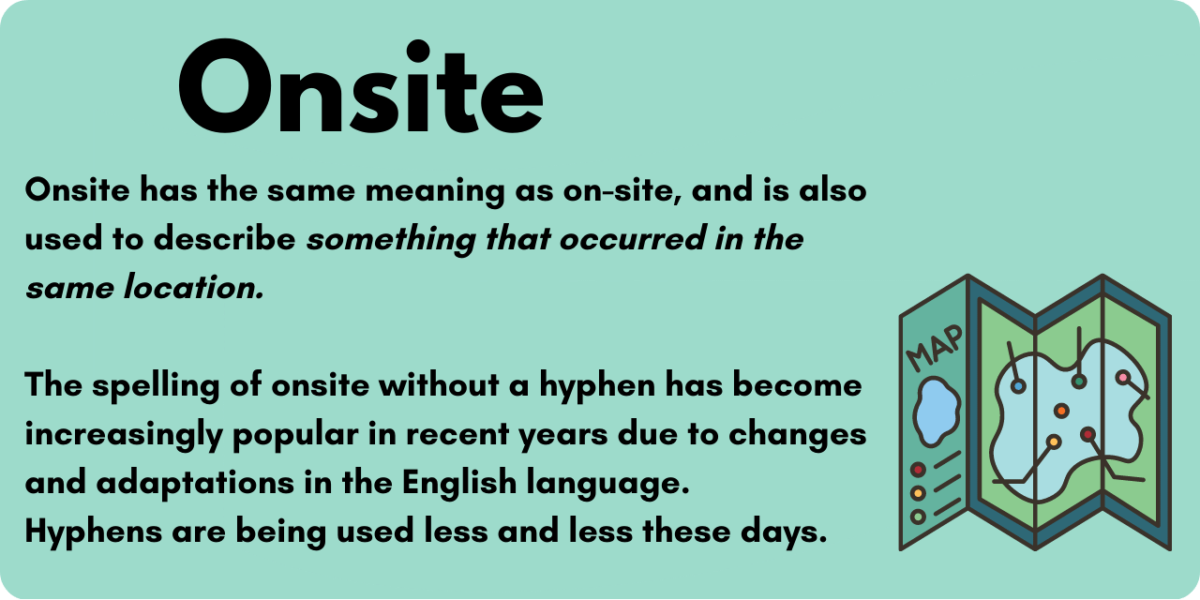
Tips to Remember the Difference
First, remember that onsite and on-site can be used in place of each other, so you don’t need to worry about using the wrong one. You will probably see onsite used more often, but on-site is considered to be correct in most dictionaries.
If you are writing something professional, use the hyphen. If you are writing something that isn’t professional, you can use either form of the word.
Conclusion
Onsite and on-site have the same meaning even though they are spelled differently. Due to constant changes in the English language, spellings can also change. This is what occurred to the word on-site. In the past, it was more commonly spelled with the hyphen, but now it is usually used without the hyphen.
However, for professional writing, it is still best to use on-site rather than onsite because the hyphenated form is still considered right in many dictionaries.


